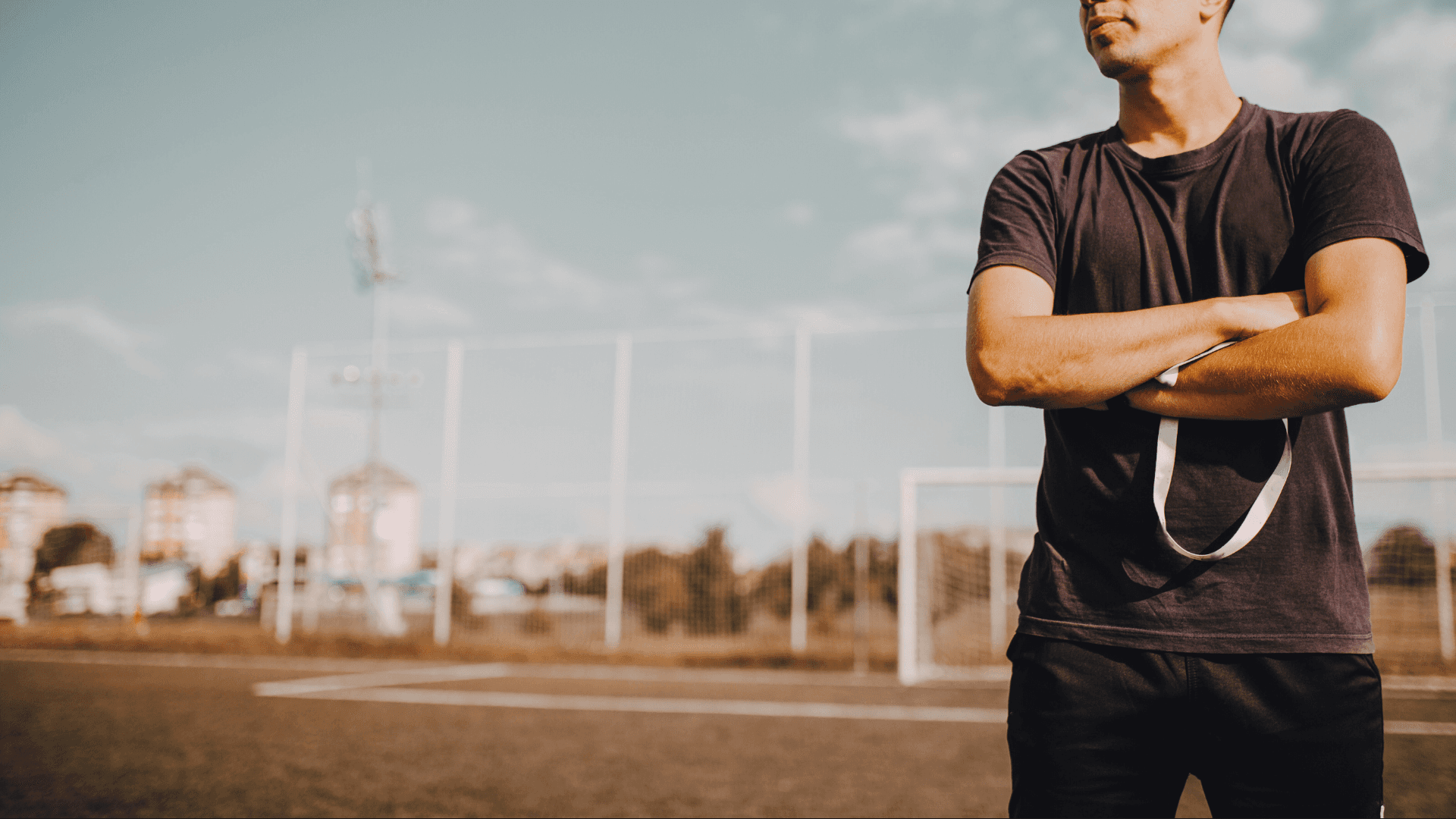
It's not hype.
The mental health crisis in youth sports is alarming. Despite big investments, stress, burnout, and dropout keep rising.
70% of kids in the US quit organized sports by the age of 13.
44% of athletes struggle to find purpose after sports, fueling anxiety and depression.
Athletic programs lack mental health support, and alignment between parents, coaches, and athletes.
We believe we can address these issues
head-on by integrating families and
creating a village. Read more below.
The Role of Family Dynamics.
Family dynamics are a critical factor in shaping an athlete's experience in sports. Positive dynamics, characterized by support, open communication, and a healthy approach to competition, can lead to enhanced performance, increased enjoyment, and greater resilience in young athletes.
We recognize the profound impact that family systems have on youth sports and integrate this understanding into our holistic approach.
We encourage open communication between parents, coaches, and athletes to ensure that everyone is aligned in their expectations and goals.
By providing parents with the tools they need to support their children effectively, we help create a family environment that fosters long-term well-being and success.


The Tripartite Influence Model
We have designed everything around the family system. We
apply the Tripartite Influence Model to connect you, parents,
and the athlete so you're not fighting upstream anymore.
When we all pull in the same direction, EVERYONE grows.
Research has shown that parents' beliefs, behaviors, and
expectations can significantly impact an athlete's
motivation, self-esteem, and overall experience in sports.
The influence of peer relationships can shape attitudes
towards competition, teamwork, and sportsmanship.
Positive peer relationships can enhance an athlete's
enjoyment of sports, increase their motivation, and
provide a sense of belonging.
Coaches have the power to shape not just an athlete's
technical skills, but also their psychological resilience,
confidence, and overall approach to challenges both in
and out of sports.
Recognizing and leveraging the roles of parents, peers, and coaches, ensures that
athletes receive consistent, positive reinforcement across all areas of their lives.
What We Offer
Whether you're looking for resources, community, or a way to give back, we have a path for you.
